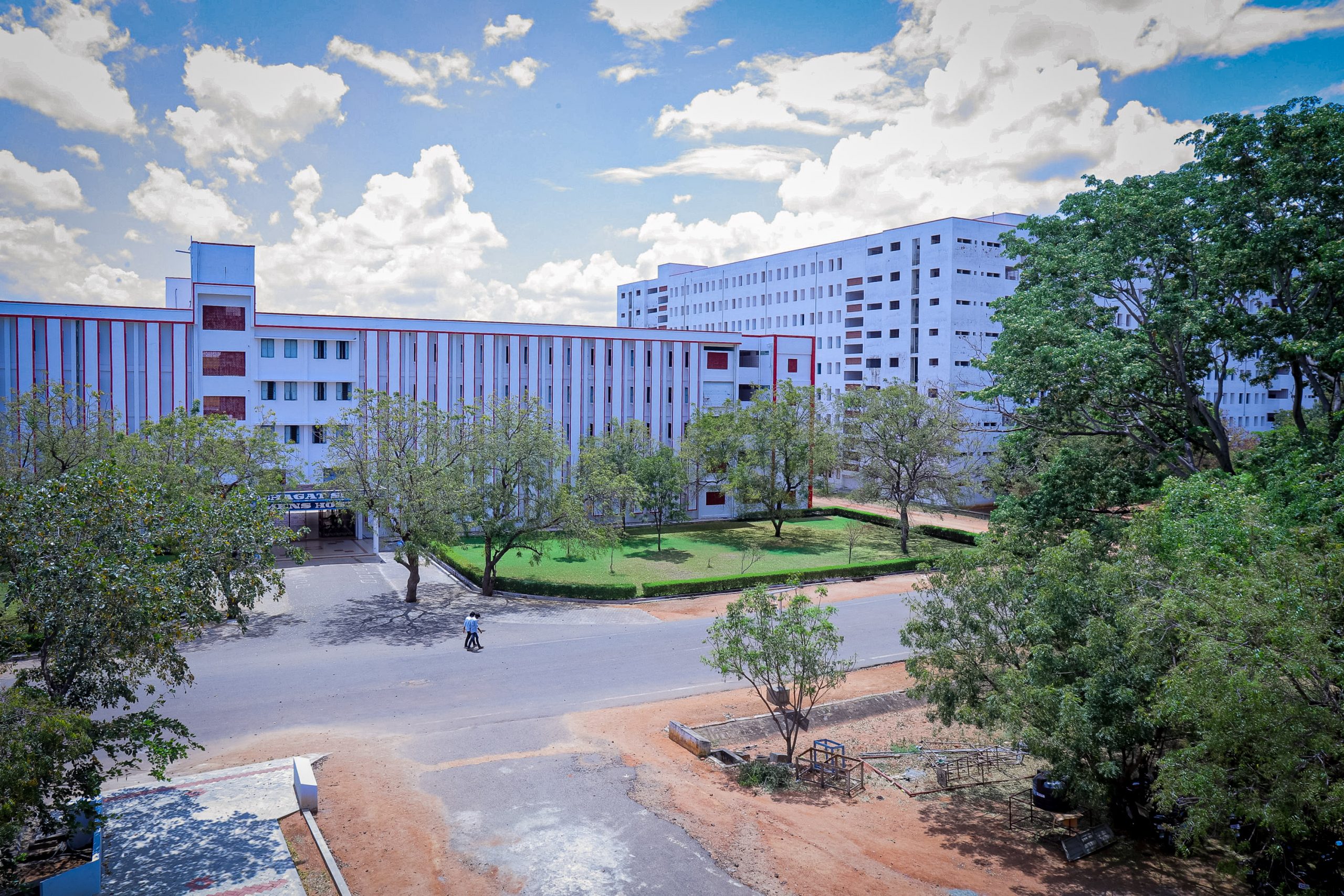
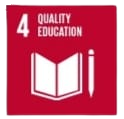
Each faculty from our university should attend environmental sustainability training programme nearly 40 hrs. The Wadhwani Foundation offers a range of industry-aligned, employability-enhancing courses under its Wadhwani Advantage and Wadhwani Opportunity initiatives, aimed at bridging the skill gap between academia and industry. These courses are tailored to empower students with practical, job-ready skills through interactive, application-based learning modules. The curriculum includes key areas such as entrepreneurship, business communication, digital marketing, financial literacy, IT skills, soft skills, resume building, interview readiness, and more.
Delivered through a blended learning model, the courses combine self-paced online modules, instructor-led training, and project-based learning, ensuring that students engage deeply with the subject matter. Assessments, quizzes, and industry-relevant case studies further reinforce learning and promote real-world application. The program also includes certification upon successful completion, adding value to students’ academic profiles.
Wadhwani courses are particularly beneficial in enhancing problem-solving, decision-making, collaboration, and critical thinking skills, aligning well with modern pedagogical approaches like Outcome-Based Education (OBE) and Problem-Based Learning (PBL). These courses have been successfully integrated into several higher education institutions and vocational training centers across India, contributing to improved employability and entrepreneurship outcomes among students.
A standardized framework for sustainability reporting encompasses environmental, social, and governance criteria, ensuring organizations are accountable and transparent in their practices. In higher education, Problem-Based Learning (PBL) serves as an instructional approach that challenges students to acquire knowledge through solving real-world sustainability issues. To effectively assess student learning in PBL, innovative and multidimensional assessment tools are required. Rubrics were developed to evaluate student performance against clearly defined expectations. Marks were allocated based on several key components, including demonstration, industry visit, case study analysis, communication / presentation skills, and critical thinking, enabling a comprehensive evaluation of student learning outcomes.
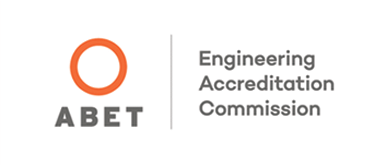
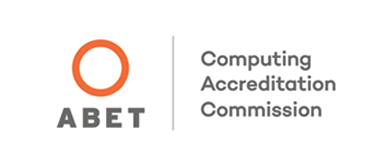
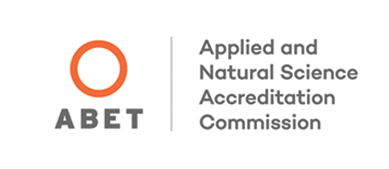
Accreditation Board for Engineering and Technology (ABET) is an international accreditation body founded in 1932 in the USA, accredited 4,144 programs at 812 colleges and universities in 32 countries. Each year, 2,200 experts from 35 member societies contribute to ABET’s goal of assuring confidence in Science, Technology, Engineering and Mathematics (STEM) education. The ABET committee comprising of 17 expert members visited KARE on 10-12th November 2019. 11 departments of KARE namely (1) Computer Science and Engineering(2) Information Technology (3) Biotechnology (4) Biomedical Engineering (5) Chemical Engineering (6) Food Technology (7) Automobile Engineering (8) Civil Engineering (9) Electrical and Electronics Engineering (10) Electronics and Communication Engineering (11) Mechanical Engineering have been accredited by ABET on 09.10.2020 for six years. KARE is the first institution in India where 11 programs have been accredited by ABET.
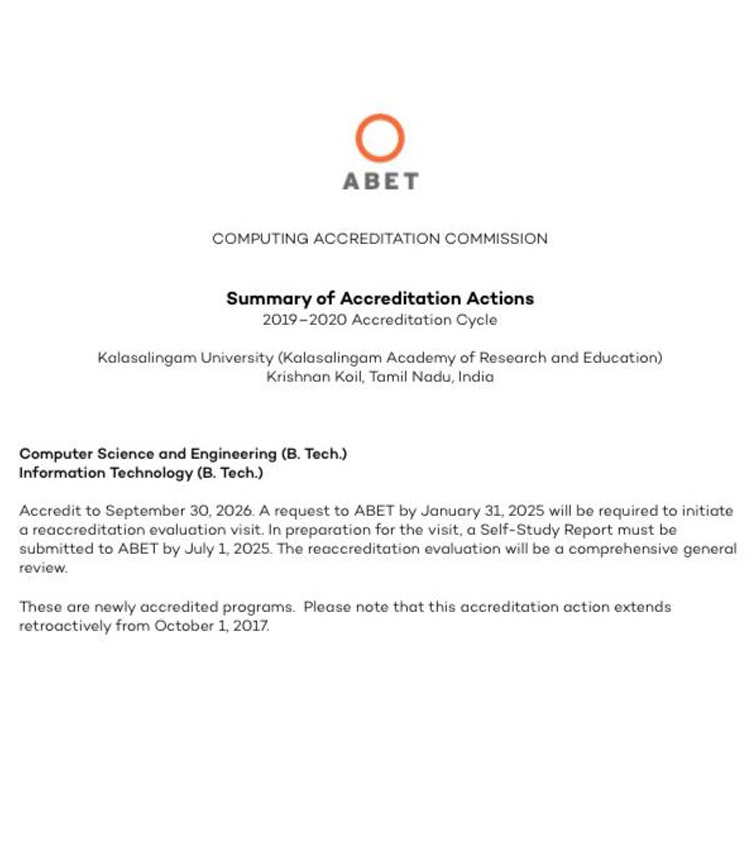
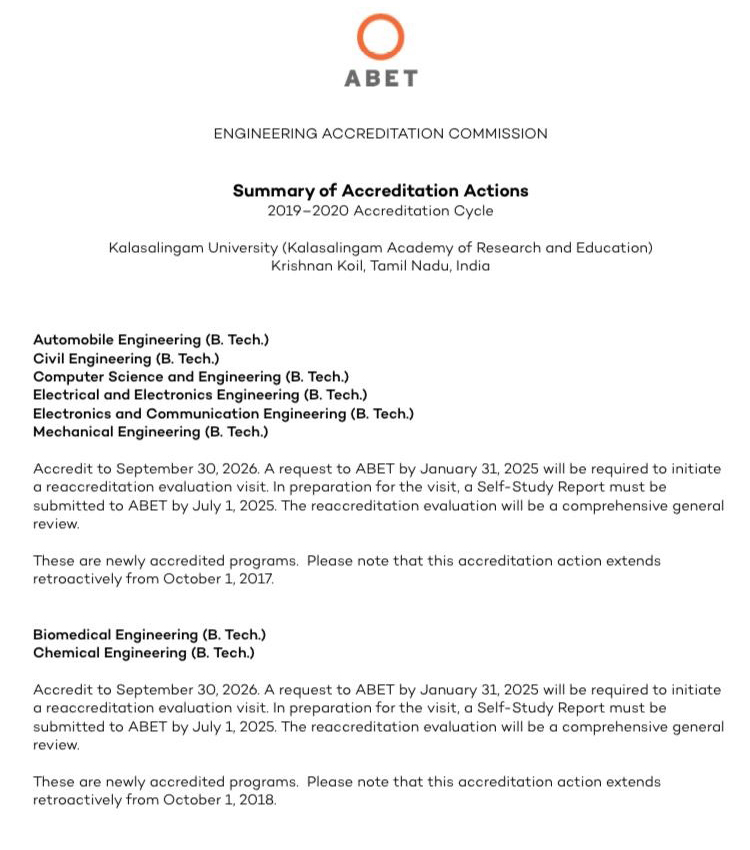
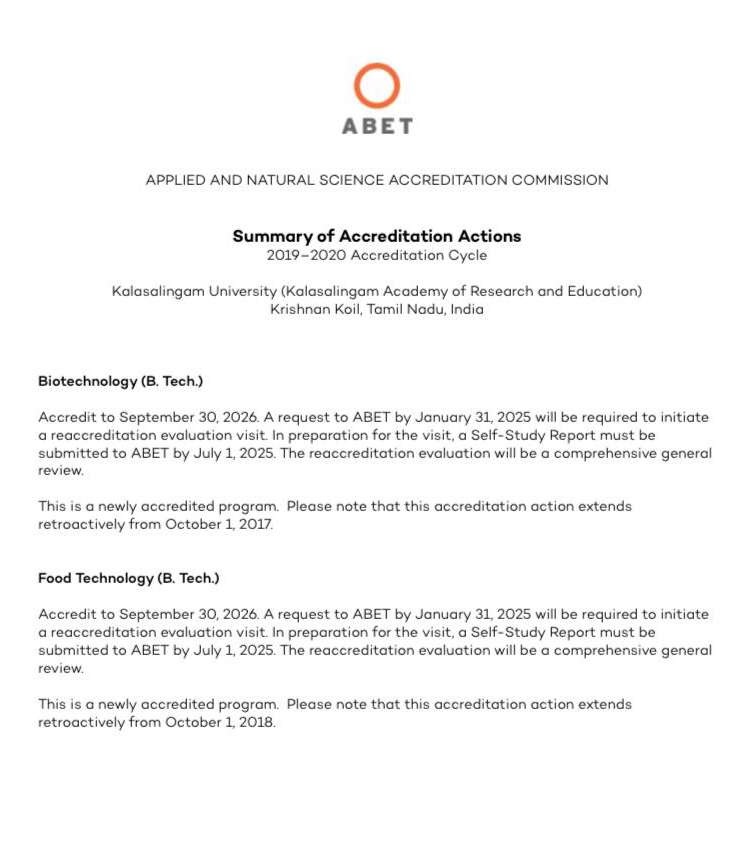
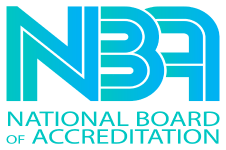
The National Board of Accreditation (NBA), India assesses the qualitative competence of the programs offered by educational institution from diploma level to post-graduate level in engineering and technology, management, pharmacy, architecture, and related disciplines. B.Tech (Mechanical Engineering), B.Tech(Computer Science Engg), B.Tech (BioTechnology), B.Tech (Civil Engg), B.Tech (Electronics & Communication Engg), B.Tech (Electrical and Electronics Engg), B.Tech (Food Technology), B.Tech (Information Technology), M.Tech (Bio Technology), M.Tech (Structural Eng), M.Tech (Industrial Safety Eng) of our institute are accredited by National Board of accreditation

ICAR provides accreditation to agriculture universities, colleges and programmes, through its accreditation unit, National Agricultural Education Accreditation Board (NAEAB).B.Sc. (Hons.) Horticulture under Kalasalingam School of Agriculture & Horticulture, Krishnakoil is accredited by ICAR in 2022.

The University Grants Commission (UGC) has granted the 12(B) status of the UGC Act, 1956 to Kalasalingam Academy of Research and Education in the year 2022.

NAAC evaluates the institutions for its conformance to the standards of quality in terms of its performance related to the educational processes and outcomes, curriculum coverage, teaching-learning processes, faculty, research, infrastructure, learning resources, organization, governance, financial well-being, and student services. Our institute has been accredited with Grade “A” under second cycle
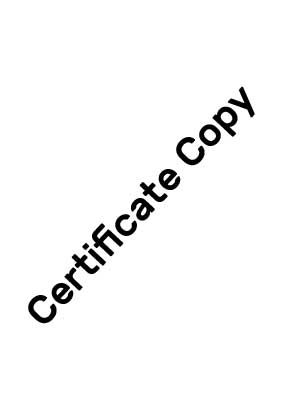


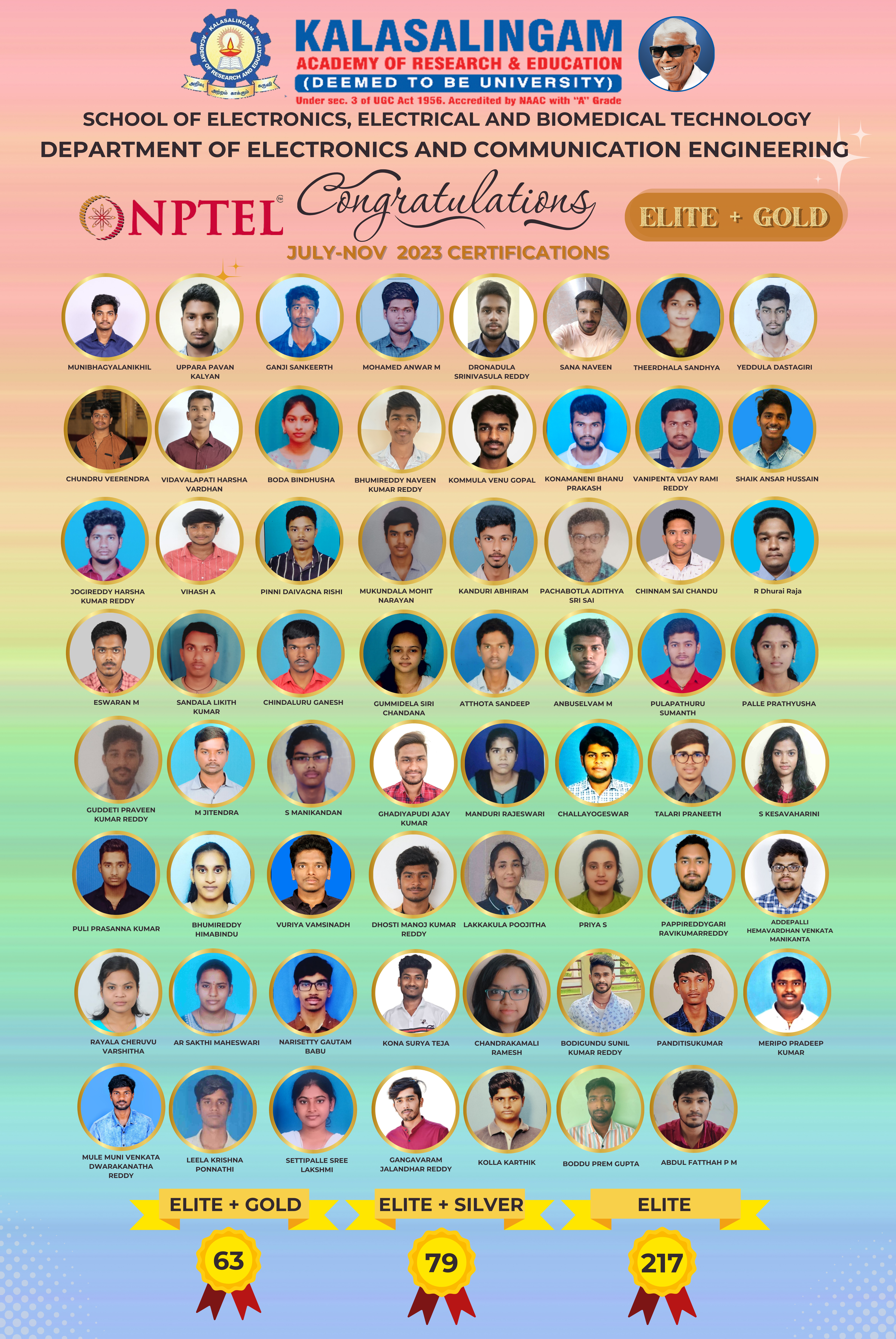
Vishaka Club of KARE organized SPLASH 2K23, a cultural and sports event in the campus on 16th December 2023. Inauguration function started at 11.00am with the lighting of the lamp. The event was then officially commenced with a prayer by Bhuvaneswari & team. The students actively involved in various cultural and sports activities. Dr. A. Samson Nesaraj, Director – Student Affairs participated and greeted students. He distributed the prizes to the winning teams. Dr. Kotte Amaranadha Reddy, Co-ordinator, Vishaka Club made all the arrangements. Ms M Divya Tejaswini, President of Club Vishaka proposed a vote of thanks.
Prior to this event, FLASHMOB was conducted on 15th December, 2023.
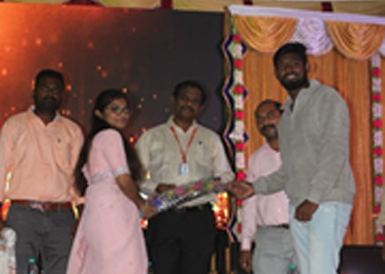
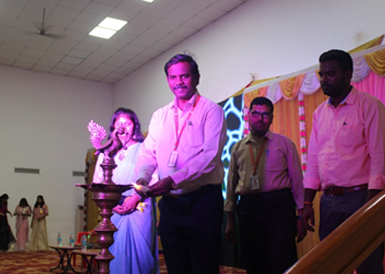
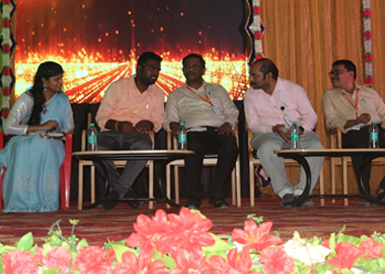
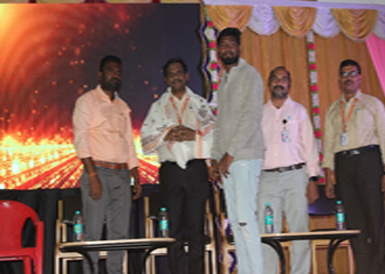
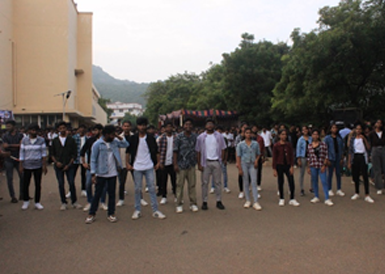
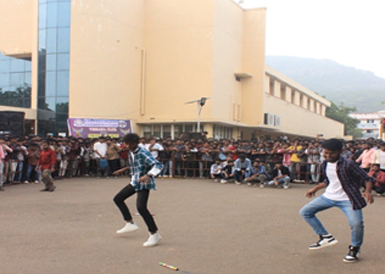
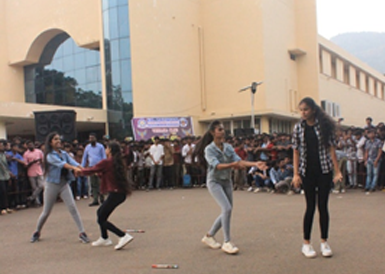
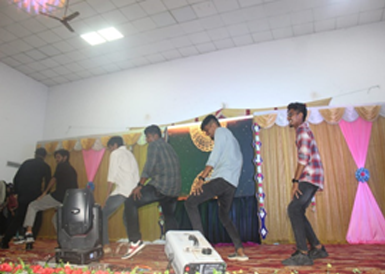

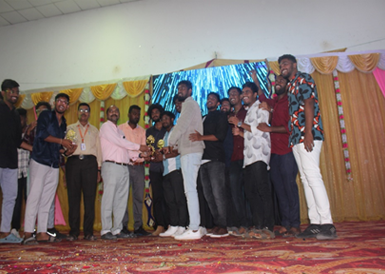
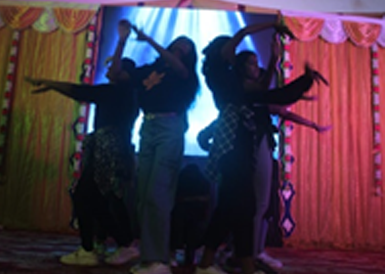
Free primary and secondary education
Equal access to quality pre-primary education
Equal access to affordable technical, vocational and higher education
Increase the number of people with relevant skills for financial success
Eliminate all discrimination in education
Universal literacy and numeracy
Education for sustainable development and global citizenship
Build and upgrade inclusive and safe schools
Expand higher education scholarships for developing countries
Increase the supply of qualified teachers in developing countries